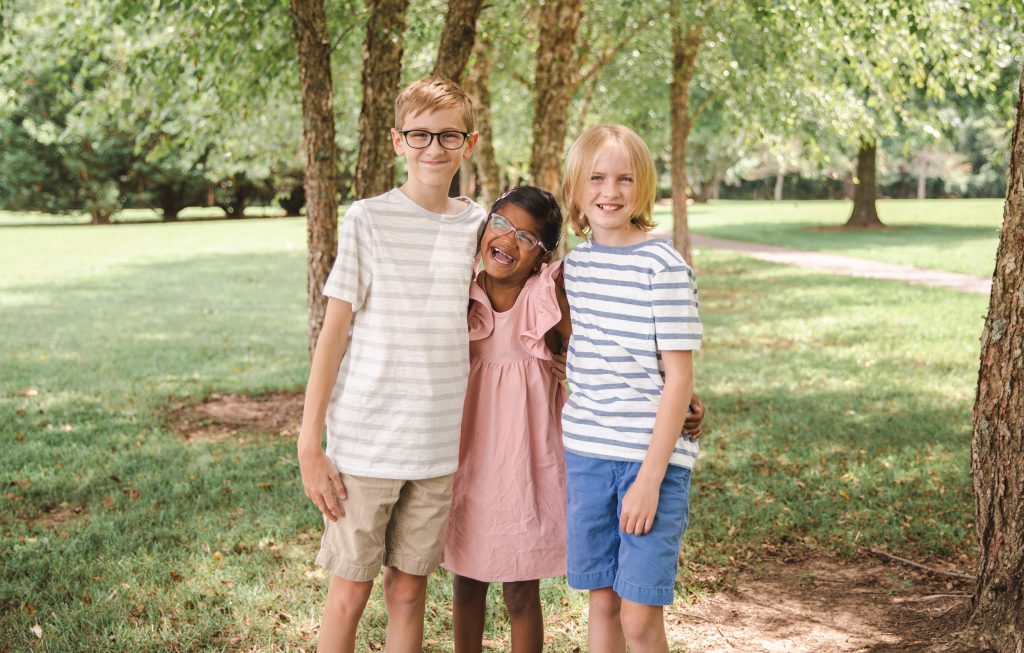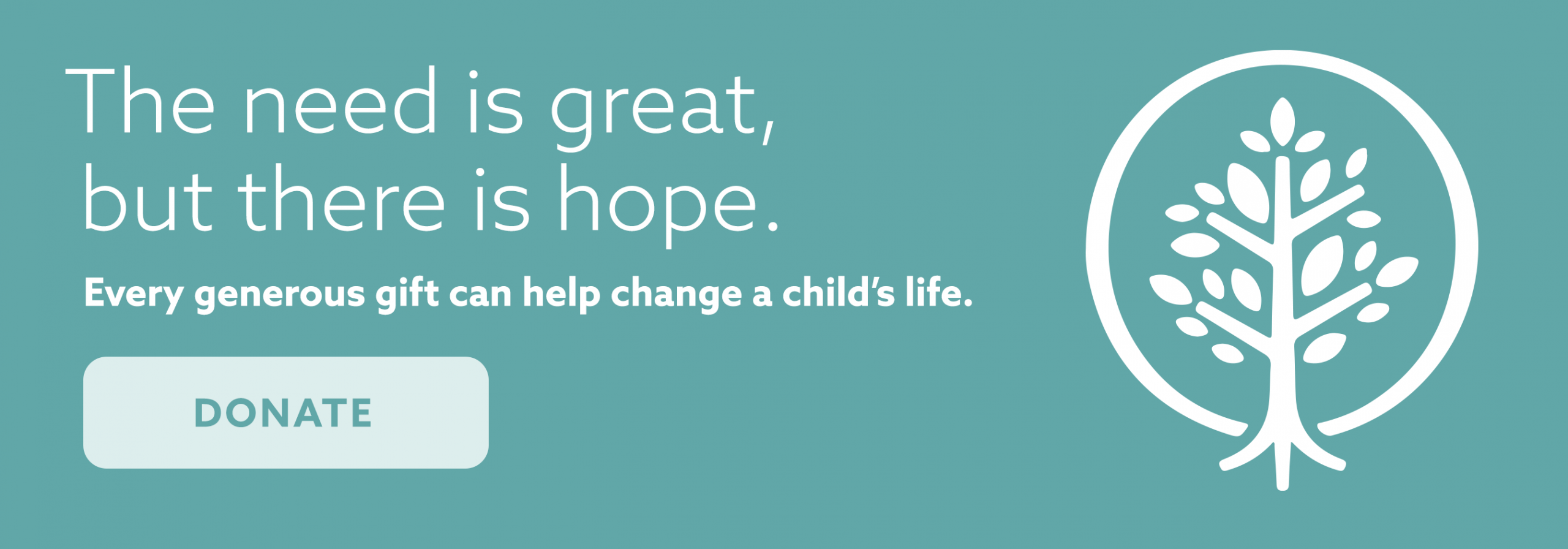Supporting Healthy Brain Chemistry

The following is an excerpt from “Created to Connect: A Christian’s Guide to the Connected Child.” From Dr. Karyn Purvis with Michael and Amy Monroe, “Created to Connect” serves as a dynamic resource for those looking to draw helpful, encouraging parallels between the Christian faith and the foundational teachings of Trust-Based Relational Intervention® (TBRI®).
“If a man blesses his neighbor early in the morning, it will be taken as a curse.” Proverbs 27:14 (NIV)
Some of the proverbs recorded in scripture are a bit perplexing. Of course they are all inspired and full of wisdom and practical insight, but some seem a bit unusual particularly when viewed through our modern lens. Still, as we look closer, we can discover many insightful principles and lessons for our kids and us.
The lesson offered in Proverbs 27:14 is one of those intriguing and perplexing insights. Certainly, it has a number of possible interpretations, but as we have learned more about the brain chemistry of children [who have experienced trauma], I have become aware of one possible interpretation or explanation that also applies to them.
The Body Matters
Neurotransmitters are the chemical messengers that help our bodies think, feel, and move. They are involved in virtually all of our bodily functions. At the right levels, we experience optimal energy, mood, thinking, and learning. However, as detailed in Chapter 10 of “The Connected Child,” when neurotransmitter levels are too high or too low, physical, emotional, behavioral, and cognitive challenges can arise.
In this proverb involving the loud, overly friendly man, we see a situation that can be interpreted as similar to what many of our children experience. The neighbor’s day started off “out of balance,” and that lack of balance was taken as an assault and a curse. Likewise, many of our children’s bodies—in particular, their brain chemistry—are out of balance. As a result, it often seems that their days end up cursed, so to speak. In turn, our children can become overly prone to irritability, volatility, whining, and so much more, all of which gives rise to behaviors and coping strategies that push us away rather than invite us to move in close and connect.
Scripture clearly speaks to the importance of our whole being—body, soul, and spirit. Jesus often focused his teaching on the physical body and its needs.
We see this in scripture, for example, in the Lord’s model prayer, teaching about fasting, references to water and “Living Water,” Jesus feeding hungry crowds (both spiritually and physically) and the need for nourishment of the soul through various spiritual disciplines. In addition, we see that one aspect of the body’s needs (i.e., the need for food) was one of the ways Jesus himself was tempted by Satan in the wilderness (Matthew 4:1-3). We are created as “whole beings,” and just as Jesus did not ignore the importance of the body, neither should we.
All too often, however, we do ignore the profound importance of the condition of our children’s bodies to their detriment. Because of their histories, our children are much more likely to have imbalances in their brain chemistry, which makes them more susceptible to all forms of stressors. Being aware to support their “whole being,” and especially their brain chemistry, can become an effective part of providing the practical and holistic nurture our children need. What’s more, research has found that we can actually improve brain chemistry in children [who have experienced trauma] through interventions designed to reduce fear, engage them in sensory-rich activities, provide healthy touch, and enhance connections.
Excerpt from “Created to Connect: A Christian’s Guide to The Connected Child” by Dr. Karyn Purvis with Michael & Amy Monroe. Published by Empowered to Connect. Used by permission.
“Created to Connect” is a foundational piece of Show Hope’s Hope for the Journey Conference. To experience the practical teaching and tools for a path to healing and hope for children and families impacted by adoption and/or foster care, learn more here.
Download a digital version of “Created to Connect” for free here.


